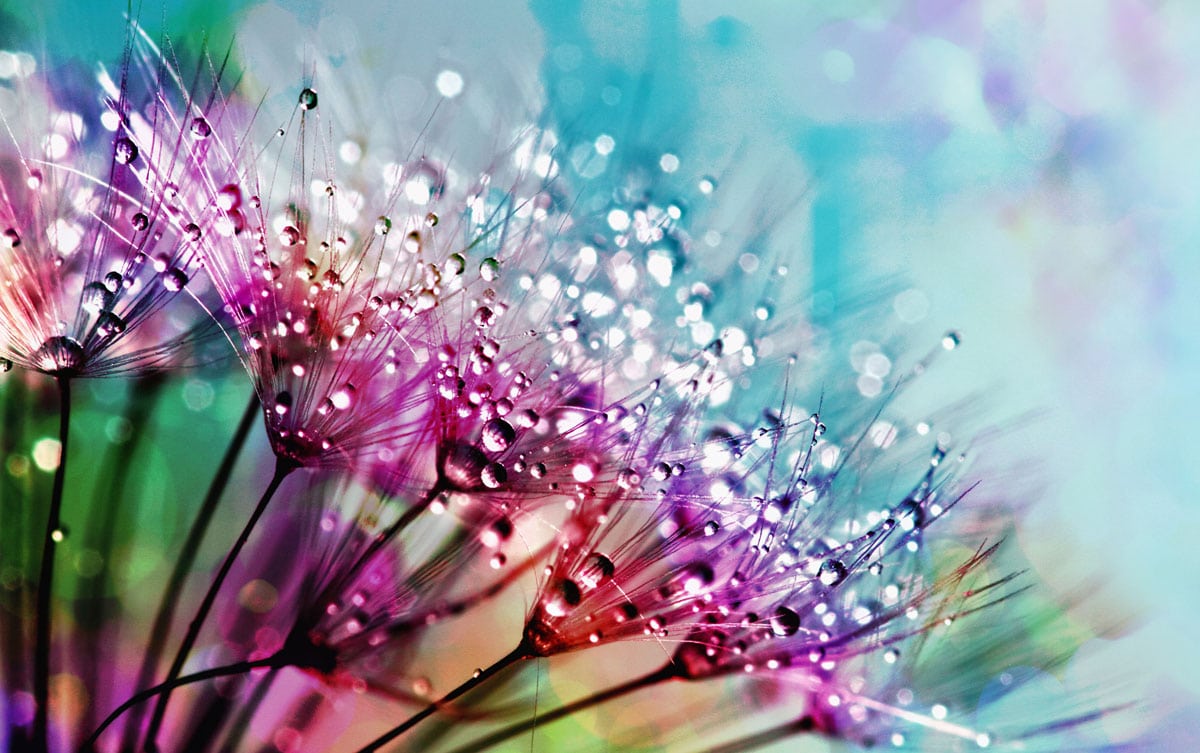There is some controversy on the use of antioxidants with cancer patients receiving chemotherapy. As of late, I have had the unfortunate interaction with family and friends, and friends of friends that have been diagnosed and going through the rigorous and depleting nature of chemo, so I was intrigued to research the topic of antioxidants and the subject.
Many cancer therapies kill cancer cells oxidatively by the production of reactive oxygen species (ROS). There is long-standing concern with antioxidants that they could theoretically interfere with the effectiveness of chemotherapy and radiation treatment of cancer.
Even though supplementation with antioxidants and herbal treatments to sustain a healthy immune system have a time and place, antioxidant treatment can be tricky to someone going through chemotherapy for cancer. Certain dietary supplements can have adverse affects and potential drug interactions with cancer treatments. Since chemotherapy depletes vital vitamins and nutrients, repletion can be done through diet and supplementation, but one must be really cognizant of timing and the type of supplementation at hand.
Many oncologists note that antioxidants can improve chemotherapy, but there are also concerns that it can counteract the drug. While antioxidants do not diminish tumor response or impact survival rates, they can diminish a variety of side effects, suggesting that evidence leans towards using antioxidants during chemotherapy treatment.
Vitamin E supplements during radiation therapy taken with beta-carotene has shown excess recurrence and mortality risks with supplements, but improved side effects of radiation. In those taking vitamin E in the form of alpha-tocopherols while smoking, significantly increased excess risks. This suggests that those that were smokers, may have had small tumors already, enhancing the tumor itself.
Some chemo agents taken for breast cancers can significantly deplete nutrient stores. Potential interactions are the following:
Adriamycin – with riboflavin (vitamin B2) and iron: foods that are high in B2, such as dark leafy vegetables, almonds and squash are good choices. Iron, however, can increase cardiac toxicity and should be avoided as supplementation. I think this is why a plant-based diet is also usually advised during chemotherapy or post-cancer patients. Avoiding red meat for the time being.
5-fluorouracil – niacin and thiamin: These nutrients can become deficient. Foods rich in thiamin and niacin if one does not want to supplement are salmon, tuna, fortified cereals, asparagus and dried beans.
Cisplatin used for relapse metastatic diesase – magnesium, potassium, zinc, l-carnitine: Intravenous methods of magnesium are usually used with this type of treatment since there are severe deficiencies with this drug. Once magnesium is restored, potassium is also restored. Foods with zinc include oysters, cashews and baked beans. L-carnitine can be taken via supplementation.
Methotrexate – folate: Folate can be taken after treatment, however, it should be avoided during treatment due to the counterproductive effects it has on methotrexate.
Other herbal treatments and supplementations to avoid during treatment:
St. John’s Wort
Anticoagulants such as Warfarin
Vitamin K
Goldenseal
Cruciferous vegetables
Echinacea
Resveratrol
Star Fruit
Chargrilled meat (AGEs)
These all have interactions that can induce or inhibit cytrochrome P450 Isoenzymes relevant to drugs used for breast cancer treatment.
I wanted to also touch on glutathione, the most effective antioxidant in the body. Glutathione is an abundant natural tripeptide found within almost all ourcells. Without it, or low levels, we can face a myriad of illness or constant combat of pathogens. It’s why I was surprised to research findings
that can be counterproductive during chemotherapy. Glutathione (GSH) is highly reactive and takes on the role of an antioxidant, and a thorough modulator to the immune system by detoxifying xenobiotics and other toxic substances, such as carcinogens. However, there are many conflicting studies that suggest that glutathione intravenous treatments during chemotherapy can actually protect tumor cells in bone marrow, breast, colon, larynx and lung cancers. I was always under the impression and under numerous studies, that timing with glutathione could be a factor, but in all the research, it seems too risky.
Low-doses of IV Vitamin C on the other hand and another powerful antioxidant,
such as a Myers’ cocktail is considered generally safe and can reach cells and raise plasma levels on a much deeper levels than it’s oral form. IVC infusions have a unique clinical application including high dosing as a therapeutic tool in cancer care. In fact, a Myers’ cocktail is broadly used in many clinical diagnoses such as migraines, Lyme disease and for depression and anxiety. Here are the nutrients and dosing requirements in a Myers’ cocktail. I have personally used them during Lyme treatment and post-treatment and they have an amazing replenishing
effect, even for someone that is simply low on energy.(1-4)
References:
- Kohlstadt. 2012. Advancing Medicine with Food and Nutrients. Second Edition. Boca Raton, FL: CRC Press.
- Jurgelewicz. Breast Cancer. University of Bridgeport: Nutrition Institute.
- GK Balendiran, R Dabur, D Fraser. Cell Biochem Functionality. The role of glutathione in cancer. 2004. https://www.ncbi.nlm.nih.gov/pubmed/15386533
- M. Traub, ND, P. Anderson, NMD. Natural Medicine Journal. Intravenous Vitamin C in Cancer. 2014. https://www.naturalmedicinejournal.com/journal/2014-02/intravenous-vitamin-c-cancer


